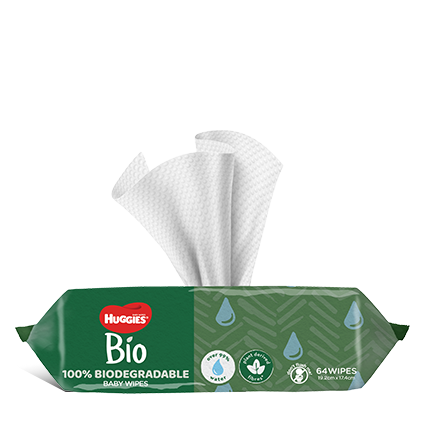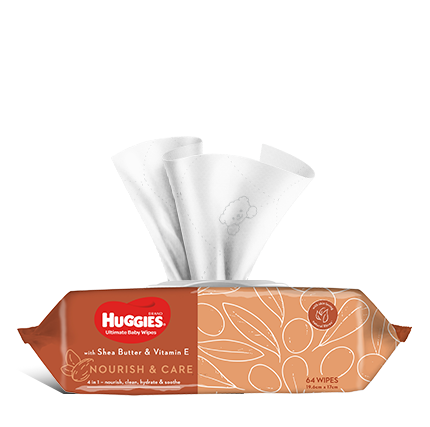When should solids be introduced?
Between 4 and 6 months, although most commonly closer to 6 months. Up to the first 4 to 6 months of an infant’s life, breast milk or formula will provide all their nutritional requirements for growth. At around 6 months, the iron stores that baby gained in utero begin to run low, which is one of the reasons we start solids around this time.
Don’t be tempted to start too early!
Introducing solids too early can be a burden to an underdeveloped digestive system (most babies’ digestive systems remain inadequate up to about 6 months of age), as well as impairing maternal milk supply. Other concerns include increasing the risk of food allergies and exposure to bugs that may lead to diarrhoea and other gastric problems.
Most parents soon realise how convenient milk feeding is (especially if it is your second time around). The tendency to want to delay introducing solids creeps into the minds of many of us, however…
Don’t wait too long
According to research, your baby will not benefit from having solids before 6 months. However, if you leave the introduction of solids too late, you risk undermining your baby’s nutritional status. Iron and zinc levels, in particular, decrease in breast milk as your baby’s demand increases. Other problems include immune challenges and reduced motor development, for example, the skill of chewing.
So how much will baby eat at first?
- It generally takes about a month from the time of the first introduced food for babies to work up to taking more than 10 ml a day (just over 2 teaspoons), and a month and half to be able to consume more than 100 ml a day.
- Babies who were started on solids at a younger age seem to take longer to get to these amounts; hence introducing solids at 6 months appears to shorten the time.
Tips on starting foods
- Foods should be a fine, runny puree and smooth in consistency.
- Introduce foods one at a time, and ensure they don’t include salt, sugar or flavourings of any sort. Maintaining baby’s milk source helps to ensure that any reactions can be attributed to the single food.
- Rotate foods so that you give the same one only once in a 3-5 day period. There’s nothing worse than eating the same thing over and over again. This will also help reduce the risk of food reaction or allergy, and in the unlikely event of a reaction, it may become evident before the end of the day.
- Once a variety of foods has been introduced successfully, make sure you vary them frequently so that baby gains a balanced diet. Variety at this early stage may also help you get through that fussy stage in the toddler years.
- Be persistent. Many studies show that it may take up to 10 opportunities to try a new food before baby accepts it.
- Avocado (mmmm) is a favourite starter because in its fatty acid makeup, it is similar to breast milk. Once you’ve diluted it (watered it down) into a runny paste with breast milk or formula it can be an option that baby will enjoy early on.
This information has been provided by Leanne Cooper from Sneakys baby and child nutrition. Leanne is a qualified nutritionist and mother of two very active boys.
Last Published* May, 2024
*Please note that the published date may not be the same as the date that the content was created and that information above may have changed since.




















